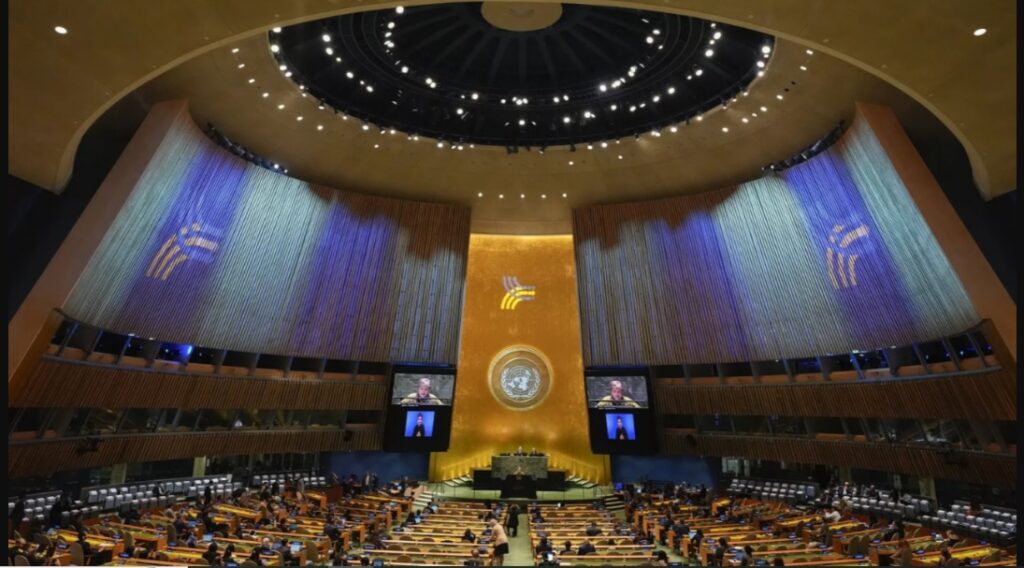
New York, September 23, 2024 – The United Nations Summit of the Future concluded with the historic adoption of the Global Digital Compact (GDC), a landmark agreement aimed at shaping the future of digital governance. However, the road to consensus was fraught with geopolitical tensions, as evidenced by a last-minute attempt to derail the adoption by a group of nations led by Russia.
Despite strong opposition from Russia, Belarus, Iran, Nicaragua, Syria, and others, the GDC was ultimately adopted by consensus, with China abstaining from the vote. The compact’s vaguer stance on human rights, compared to earlier drafts, was a point of contention for some, but overall, the adoption was met with positive reactions from stakeholders worldwide.
The GDC establishes two new mechanisms – an Independent International Scientific Panel on AI and a Global Dialogue on AI Governance – to promote responsible and inclusive digital development. Additionally, the OECD and the UN have announced a collaboration to support countries in adapting to the rapid evolution of AI technology.
While the GDC represents a significant step forward, its effectiveness will depend on its implementation. The next few years will be crucial in determining whether the compact can deliver on its ambitious goals.
